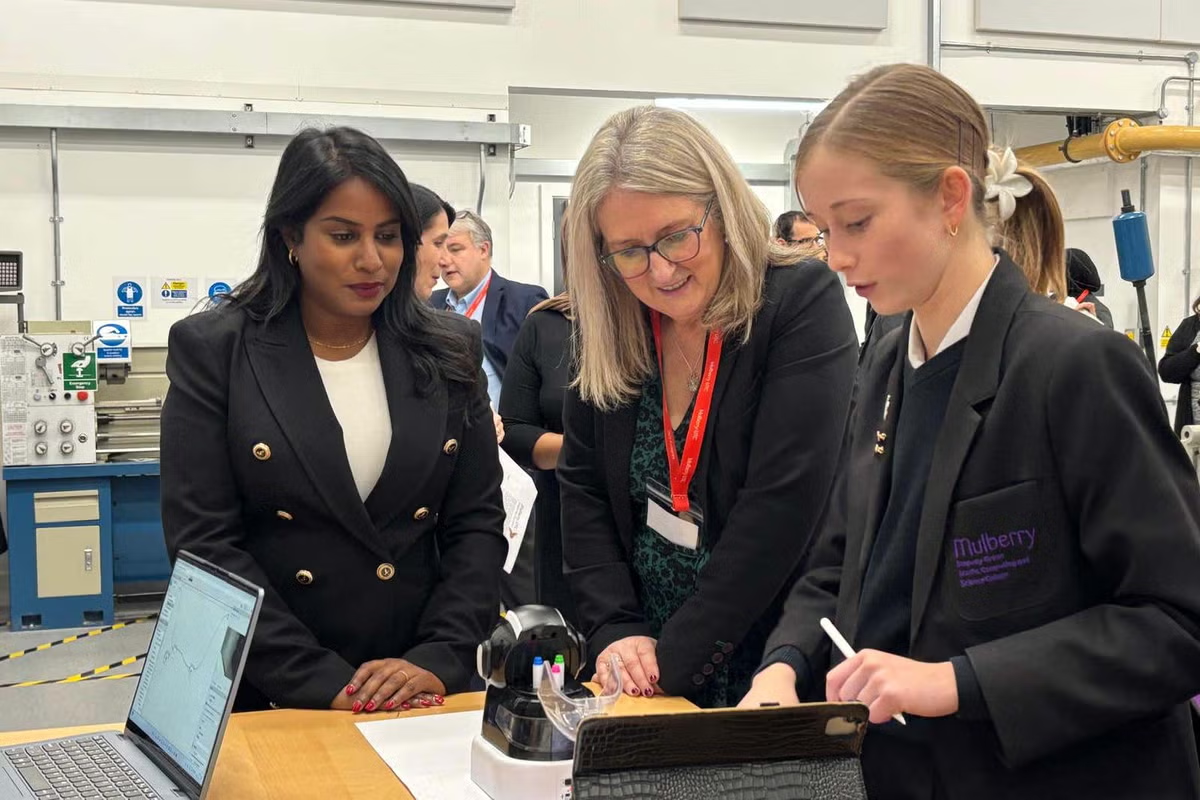It is “a real scandal” that the number of young people who do not work, study or receive training is approaching one million, said a minister.
The number of so-called “NEETs” aged 16 to 24 remains more than 940,000, the latest figures from the Office for National Statistics showed on Thursday, which skills minister Baroness Jacqui Smith described as “a waste of young lives”.
Speaking to the PA news agency while visiting Mulberry University Technical College (UTC) in east London, Baroness Smith said: “It is absolutely shocking that we have young people who, at the start of their working lives, are not learning and are not earning money.
“That is a huge waste of talent and it is really outrageous that young people are left in that position.
“But it is also a waste for the future of the country because when you start without working or studying, it will be much more difficult for you to get a job later.”
He said the Government is “absolutely focused” on how it can “change the situation”, citing the youth guarantee, which will ensure that young people aged 18 to 21 have access to education, training, an apprenticeship or, ultimately, a guaranteed paid job if they cannot find employment.
“We are absolutely serious that this is an absolute scandal,” Baroness Smith said.
“It's a waste of young lives.”
Baroness Smith toured the UTC, for students aged 14 to 19, which specializes in technical subjects.
He said ensuring there are “the types of courses that attract young people”, such as those at UTC, is one way the Government will reduce the number of NEETs.
“We are developing youth centres, for example, which bring together all the services, employment support, but perhaps also mental health support, wellbeing and helping young people with advice and careers guidance,” he added.
“We are putting them in the places where young people are most likely to go – sports clubs, libraries, community areas – to bring together that range of support to get young people into work.”
The trust that Mulberry UTC is part of is partnering with Mercedes-Benz Grand Prix to deliver a program that offers students extracurricular activities in science, technology, engineering and mathematics (Stem).
Asked whether the Government is incentivizing other businesses to help more young people access education, employment or training, Baroness Smith said: “There are a lot of incentives for the type of partners we have seen here at UTC, for example, Mercedes, the National Theatre, to work with schools and universities, because you are giving something to young people, but what you are doing is providing a pipeline of future employees.
“So what we find, for example, in T levels, and I have seen T levels in creative media, what you see in those subjects is that young people get an industrial placement with an employer.
“They make a fantastic profit, but the employer can also see the type of young people they can potentially hire or train in the future.”










